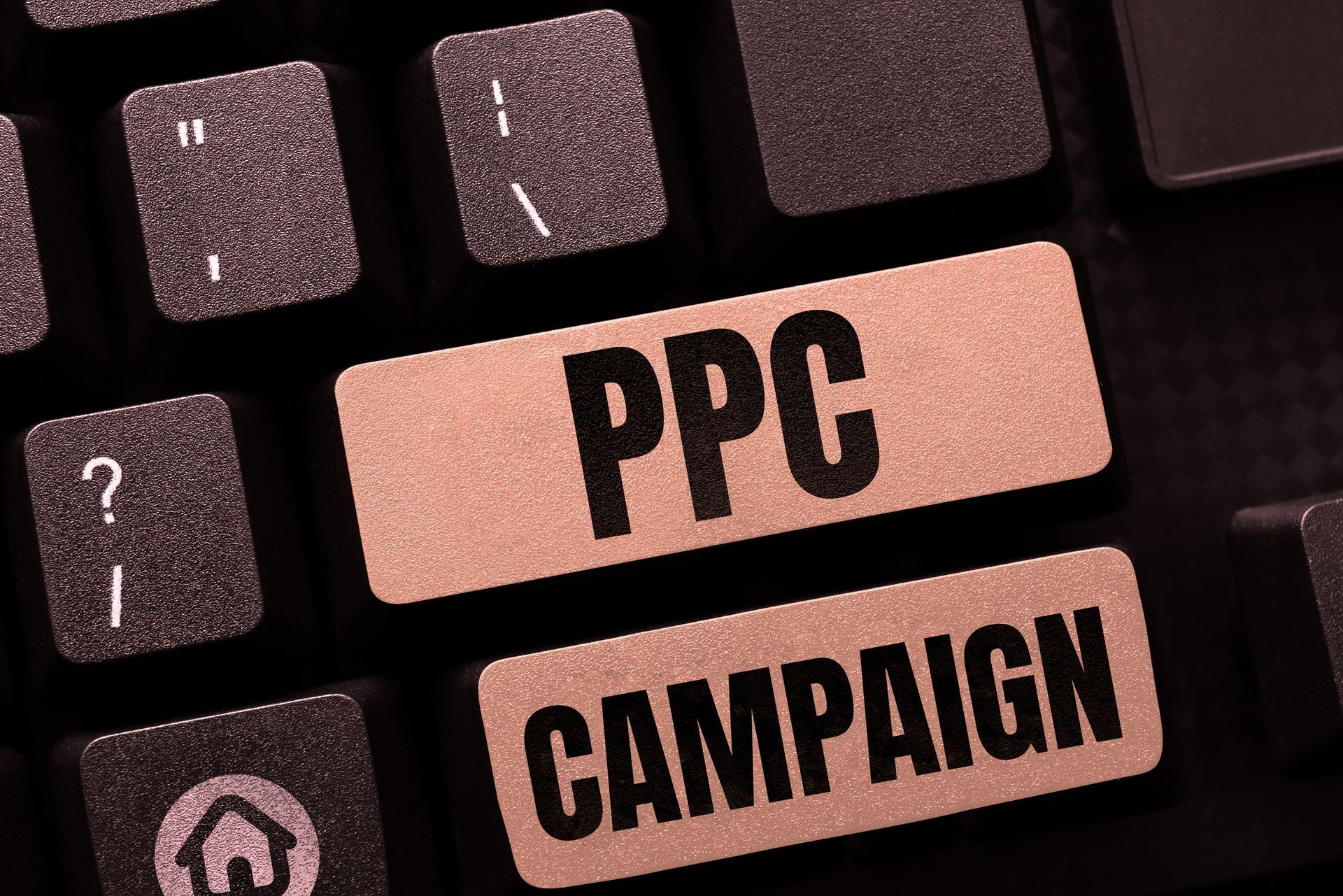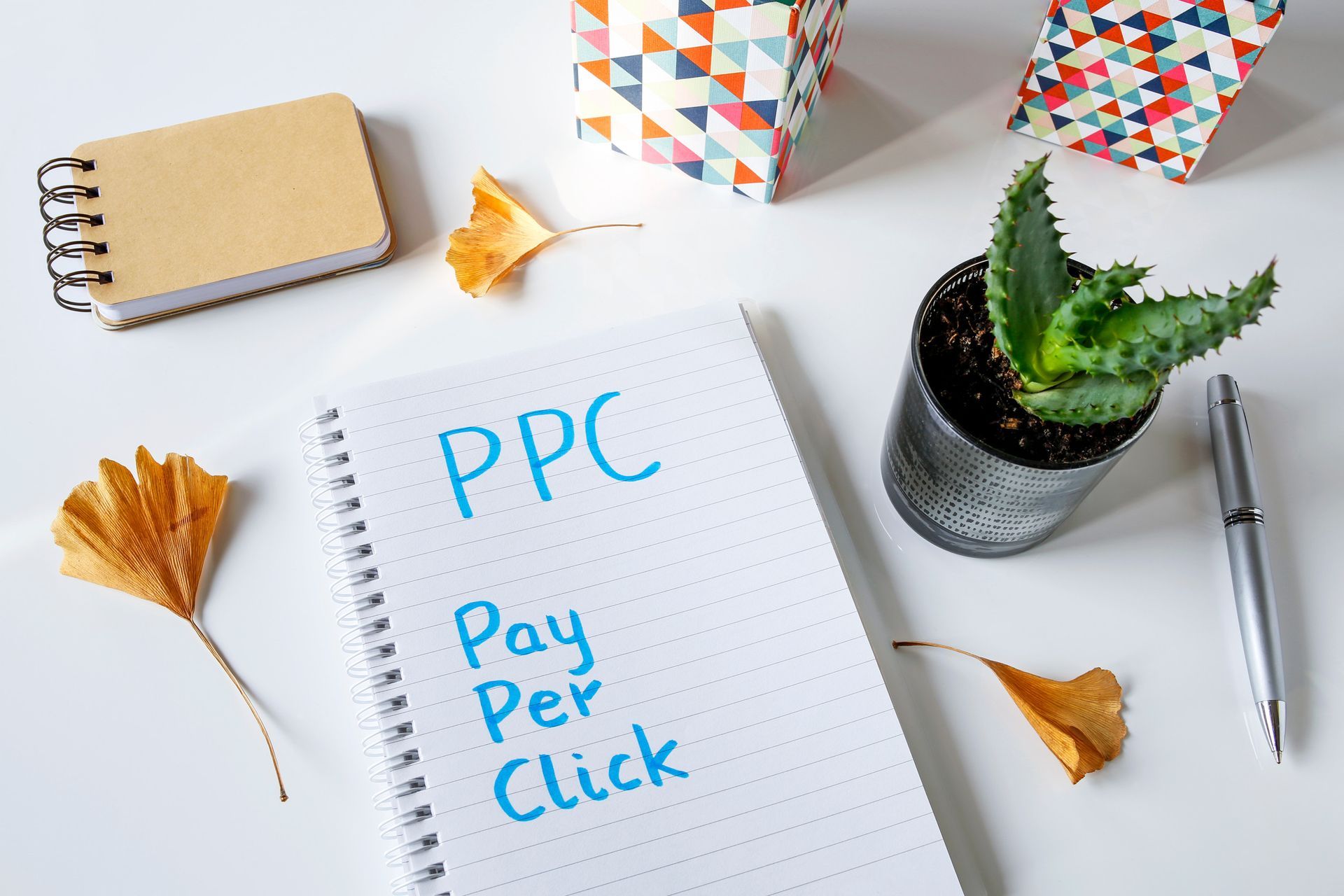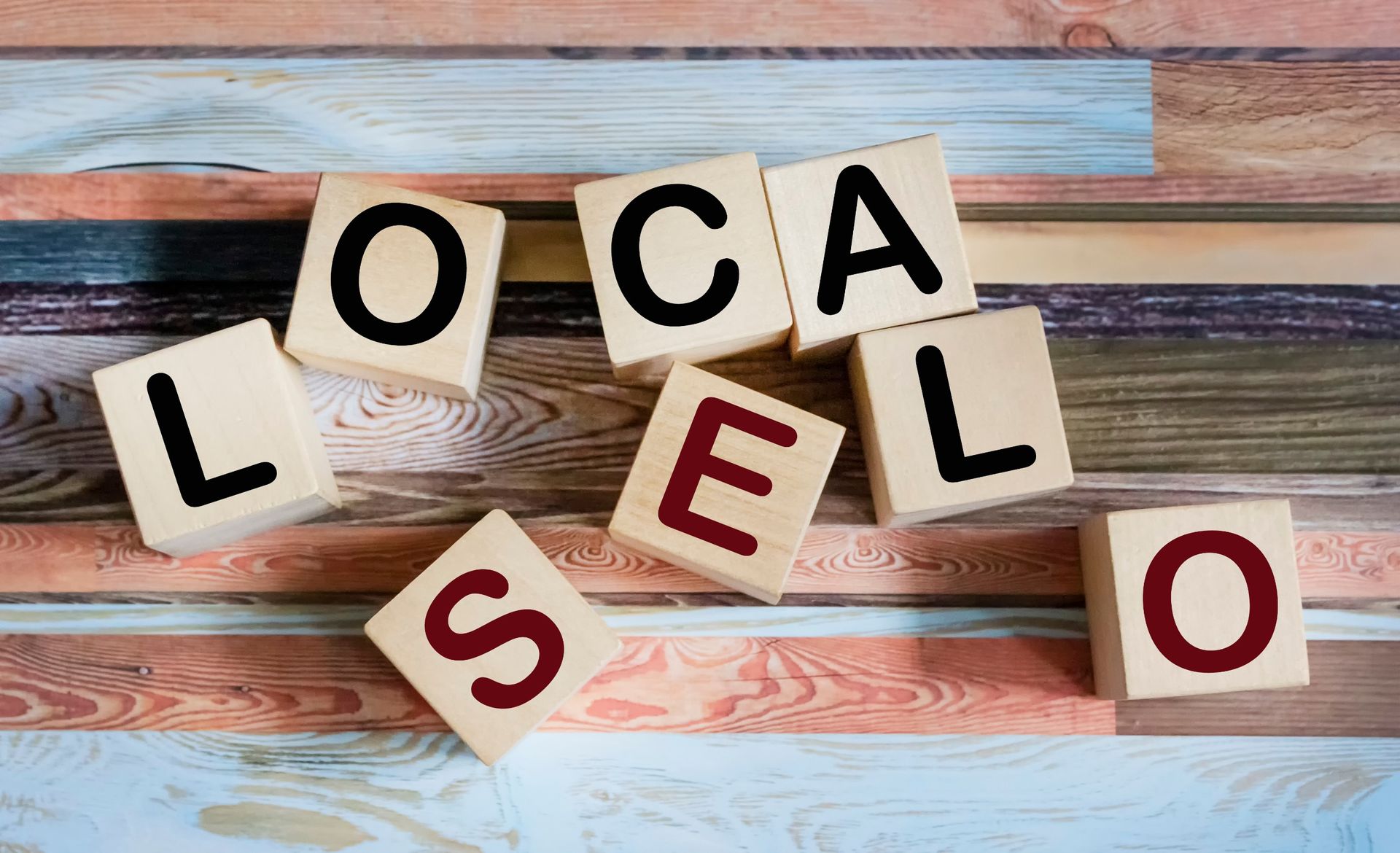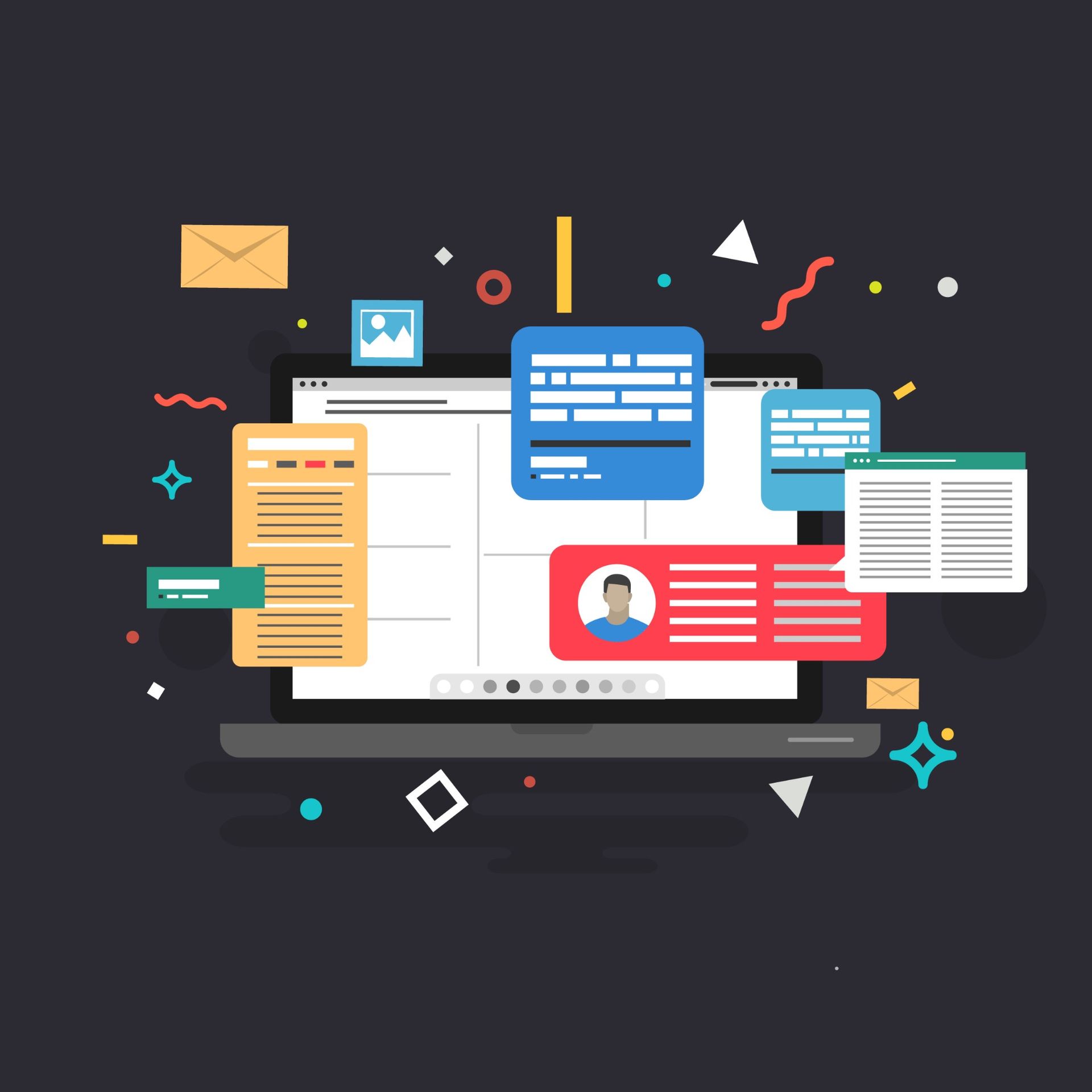Should Your Business Use Facebook or Google Ads?
Navigating the waters of online advertising can feel like charting a course through unexplored territory. Two titans dominate the landscape: Facebook and Google Ads. Each platform boasts its unique strengths and caters to different goals and audiences.
This blog post aims to unravel the complexities of choosing the right advertising platform for your business. We'll weigh their advantages, explore their features, and provide insights to guide your decision in leveraging these powerful tools for your digital marketing strategy.
Whether you're a seasoned advertiser or taking your first steps into digital marketing, understanding the nuances between Facebook and Google Ads is crucial for maximizing your return on investment.
Understanding Facebook Ads
When it comes to hyper-targeting, Facebook is king. With over a billion active users, the depth of data on potential customers is unparalleled. But targeting isn't the only benefit.
- Targeting Options: Facebook's robust targeting tools allow you to segment your audience based on location, demographics, interests, behaviors, and even life events. It's powerful for reaching niche audiences.
- Ad Formats: From image and video ads to carousels and stories, Facebook offers a myriad of ways to showcase your product or service.
- Cost Considerations: With options for cost-per-click (CPC), cost-per-mile (CPM), or cost-per-acquisition (CPA), Facebook can cater to a range of budgets. However, it's crucial to note that with such granular targeting, CPC and CPM can be on the higher side.
Understanding Google Ads
Google Ads can put your business on the map—literally. With a booking on search result pages, YouTube, or across millions of websites, this is about reaching customers when they're already looking for you.
- Search vs. Display Network: The search network places text ads in search engine results, while the display network uses banner and video ads on a vast array of news sites, blogs, and other niche sites across the internet.
- Keyword Targeting: By bidding on relevant keywords, you can ensure your ads are seen by people actively looking for terms related to your business. This intent-based targeting is unique to Google Ads.
- Cost Structure: Google Ads also offers a variety of payment models, including PPC, to suit your financial plan. However, the competition for certain keywords can lead to steep bidding prices.
Factors to Consider for Small Businesses
Every small business is unique, and factors such as the size of your audience, the nature of your product or service, and your existing marketing efforts will impact your decision-making process.
- Budget Constraints: While both platforms can work with modest budgets, how far your money goes will depend on factors like industry competition, keyword costs, and the effectiveness of your ad targeting and messaging.
- Marketing Objectives: Are you looking to build brand awareness, drive traffic to your website, increase sales, or something else entirely? Your objectives will guide you towards the platform that best serves your desired outcomes.
- Audience Demographics: Who is your ideal customer, and where are they likely to be found? Facebook has a younger user base, while Google reaches a broader demographic.
Comparative Analysis
A head-to-head analysis of the pros and cons of each platform can further clarify your decision.
Facebook Ads Pros:
- Incredibly powerful targeting options
- A wide variety of ad formats to choose from
- Strong support for mobile advertising
- Potentially lower costs for certain industries
Facebook Ads Cons:
- Higher possibility of ad fatigue due to the number of daily ad exposures
- Concerns around data privacy could impact audience targeting abilities
- The algorithmic nature of ad delivery can sometimes lack the responsiveness of manual placements
Google Ads Pros:
- Unmatched potential for reaching audiences with high purchase intent
- Transparent performance data that allows for precise ROI calculations
- The versatility of ad formats and placements
- Robust tools for testing and optimizing ad performance
Google Ads Cons:
- Can be pricier, particularly for highly competitive keywords
- Ad creation and management can be more complicated for beginners
- Visibility can be impacted by the increasingly complex search engine results pages
Conclusion
Choosing between Facebook and Google Ads comes down to understanding your business's unique needs, your audience's behavior, and your marketing goals.
For businesses aiming to foster direct customer relationships and capitalize on highly targeted demographic insights, Facebook offers unmatched capabilities. Conversely, Google Ads excels in drawing in consumers at the moment they're searching for solutions, making it ideal for businesses looking to capture high-intent traffic.
Ultimately, the most effective digital marketing strategy may involve a dynamic combination of both platforms, using each to its strengths and compensating for its weaknesses. Begin with clear objectives, allocate a test budget to each platform, and continuously measure and refine your approach based on performance data.
The path to digital marketing success requires agility, perseverance, and a deep understanding of where your audience spends their time online.
About Digital Dreamscape Marketing
Digital Dreamscape Marketing is a premier digital marketing agency based in Maryland, dedicated to helping businesses of all sizes enhance their online presence. With a focus on delivering measurable results, we specialize in a comprehensive range of digital marketing services, including Search Engine Optimization (SEO), PPC management, Facebook advertising, and content marketing strategies.
Our experienced team of marketing professionals is committed to crafting tailored solutions. For more information on how we can help you achieve your digital marketing goals, contact us at 14433975003 or email moreinfo@digitaldreamscapemarketing.com.









![How to Set Up and Optimize Google Business Profile in 5 Minutes [2024]](https://lirp.cdn-website.com/0461b649/dms3rep/multi/opt/103417557_m_normal_none-1920w.jpg)
